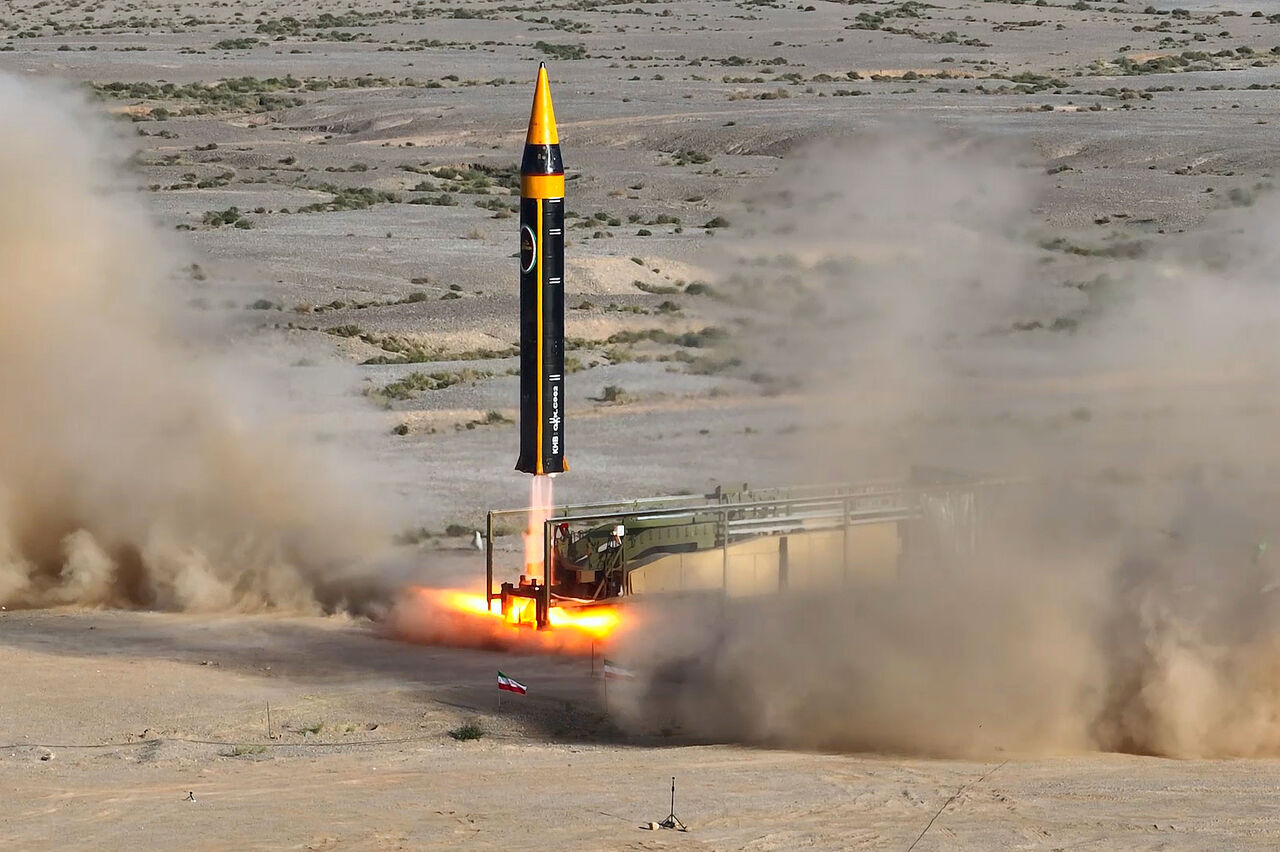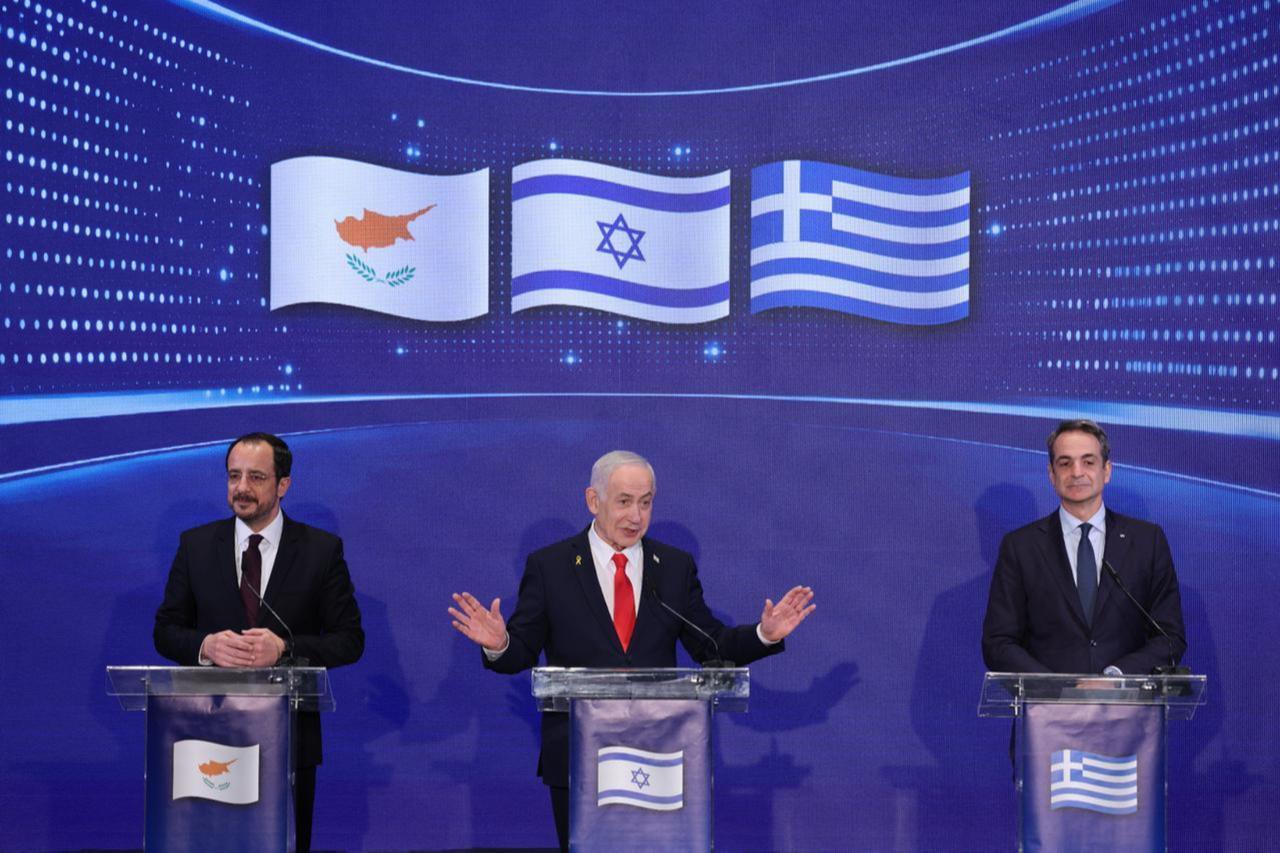In the latest round of talks between Iran and the European Troika in Istanbul, familiar patterns resurfaced: Europe remains rhetorically committed to dialogue, yet remains trapped between tactical engagement and structural ambiguity. Iran’s position reflects not defiance, but a rational insistence on recalibrating a negotiation process long skewed by unfulfilled promises.
Abed Akbari, a senior analyst specializing in international affairs
In recent discussions between Iran and the E3 in Istanbul, a familiar dynamic reemerged. European diplomats, while outwardly committed to dialogue, continue to oscillate between tactical engagement and structural ambivalence. What they interpret as Iran’s reluctance or delay in negotiations may, in fact, reflect a deeper Iranian frustration with Europe’s chronic inability—or unwillingness—to uphold its JCPOA commitments independently of U.S. political cycles.
The assumption that Iran is merely “playing for time” betrays a Eurocentric reading of diplomatic behavior, overlooking both the domestic political costs Tehran has borne to remain at the table and the regional pressures it faces. What is seen in some European circles as “strategic procrastination” could just as well be interpreted as “strategic patience”—a rational response to years of unmet promises and asymmetrical expectations.
Iran’s position stems not from a desire to defy the international community, but from a need to rebalance a fundamentally unequal negotiating framework. The E3, for their part, have consistently failed to shield the JCPOA from external sabotage, particularly after the U.S. withdrawal. To demand maximum Iranian compliance while offering minimal practical guarantees is not diplomacy—it is leverage without legitimacy.
As talks resume, European states would do well to recalibrate their assumptions. Iran does not seek collapse, but it will also not accept continued marginalization under the guise of engagement. Genuine progress requires all parties to acknowledge their respective roles in the current impasse—and act accordingly.







